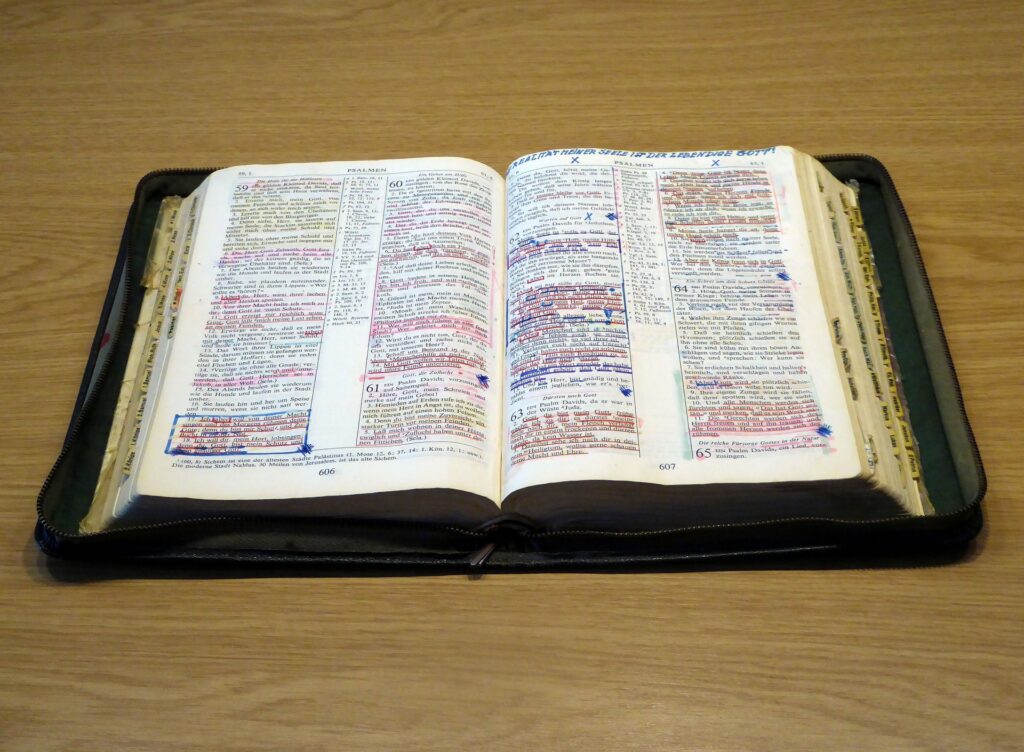
Bible Class Notes on 1 Peter 4:6 | Notes on the Petrine Epistles
The gospel was preached even to the dead. Before we examine who these dead are and when the gospel was preached to them, we need to examine why the gospel was preached to them. Peter says, “For this is why the gospel was preached even to the dead.” “For” refers our attention back to the previous verse. There we are told that Jesus is ready to judge the living and the dead. Therefore, the dead had the gospel preached to them because the dead will be judged.
The gospel was preached to the dead. In 1 Peter 3:19, we are told that Jesus preached to the spirits in prison. Some would want to take this passage as referring to this vent—the time Jesus preached to the spirits in prison. However, these writers overlook an important distinction. In 1 Peter 3:19 the term is “proclaim.” In this passage, the term in “preach the gospel.”
There is a difference in the two terms. “Proclaim” simply means to preach without any reference to what is proclaimed. However, “preach the gospel” limits the proclamation to the gospel. What was preached to these dead was not a general proclamation—this was the gospel that was proclaimed.
Preaching the gospel at least implies that those who hear the gospel will have a chance to obey it. If the event here is the same event in 1 Peter 3:19, the implication would be that the dead have a second chance. We know that the dead have no second chance.
The purpose of evangelizing is to give individuals life before God. “By God’s power [you] are guarded through faith for a salvation ready to be revealed in the last time” (1 Pet 1:5). “As the outcome of your faith you obtain the salvation of your souls” (1 Pet 1:9). “By it [the pure milk of the world] you may grow up to salvation” (1 Pet 2:2).
Just who are these dead? Some have theorized that these dead are spiritually dead. However, Peter has said that the living and the dead will be judged. Therefore, the context clearly shows that these are those who are physically dead.
Some have also theorized that these dead are ones who died after Jesus’s death and resurrection and before the writing of this epistle. These individuals ask, “How could the gospel be preached except in the Christian era?” However, the implication in 1 Peter is that the “gospel” refers to proclamation concerning the Messiah, regardless of what dispensation the proclamation took place. “It was revealed to them [the Old Testament prophets] that they were serving not themselves but you, in the things which have now been announced to you by those who preached the good news to you through the Holy Spirit sent from heaven, things into which angels long to look (1 Pet 1:12—the gospel seems to include the prophecies made in the Old Testament). “‘The word of the Lord abides for ever.’ The word is the good news which was preached to you” (1 Pet 1:25—the gospel here includes the writings of the Old Testament prophets).
These dead are those who have heard the gospel, whether hearing it under the Old Testament dispensation or under the New Testament dispensation.
These dead were jugged in the flesh like men. This phrase could also be translated as “so that even though condemned in the flesh among people.”
These dead were judged in the flesh like men. More likely than not, this refers to the persecution so many have endured. We know that those who wish to be friends with God make themselves enemies of the world. “[They] acknowledged that they were strangers and exiles on the earth” (Heb 11:13). Moses chose “rather to share ill-treatment with the people of God than to enjoy the fleeting pleasures of sin” (Heb 11:25). Moses “left Egypt, not being afraid of the anger of the king; for the endured as seeing him who is invisible” (Heb 11:27).
The persecution of the right is also a theme in 1 Peter. “In this you rejoice, though now for a little while you may have to suffer various trials” (1:6). “Maintain good conduct among the Gentiles, so that in case they speak against you as wrongdoers, they may see your good deeds and glorify God on the day of visitation” (2:12). “It is God’s will that by doing right you should put to silence the ignorance of foolish men” (2:15). “do not return evil for evil or reviling for reviling” (3:9). “When you are abused those who revile your good behavior in Christ may be put to shame” (3:16). These dead righteous were judged by men in that they were abused by men.
These right might live in the spirit like God. This obviously refers to the resurrection. Since these men obeyed God’s truth and were persecuted by evildoers, they shall be resurrected to live with God.
This Bible class was originally taught by Dr. Justin Imel, Sr., at the Owingsville church of Christ in Owingsville, Kentucky.





